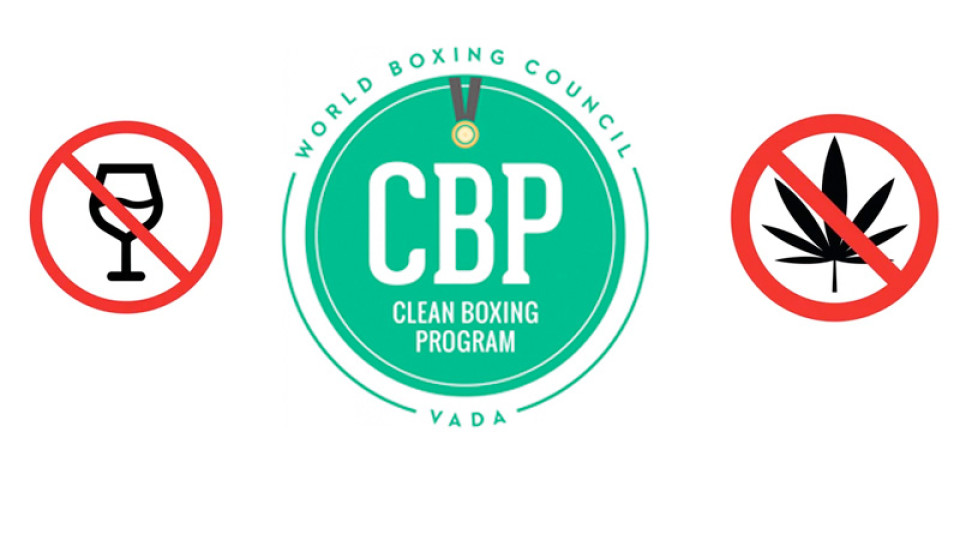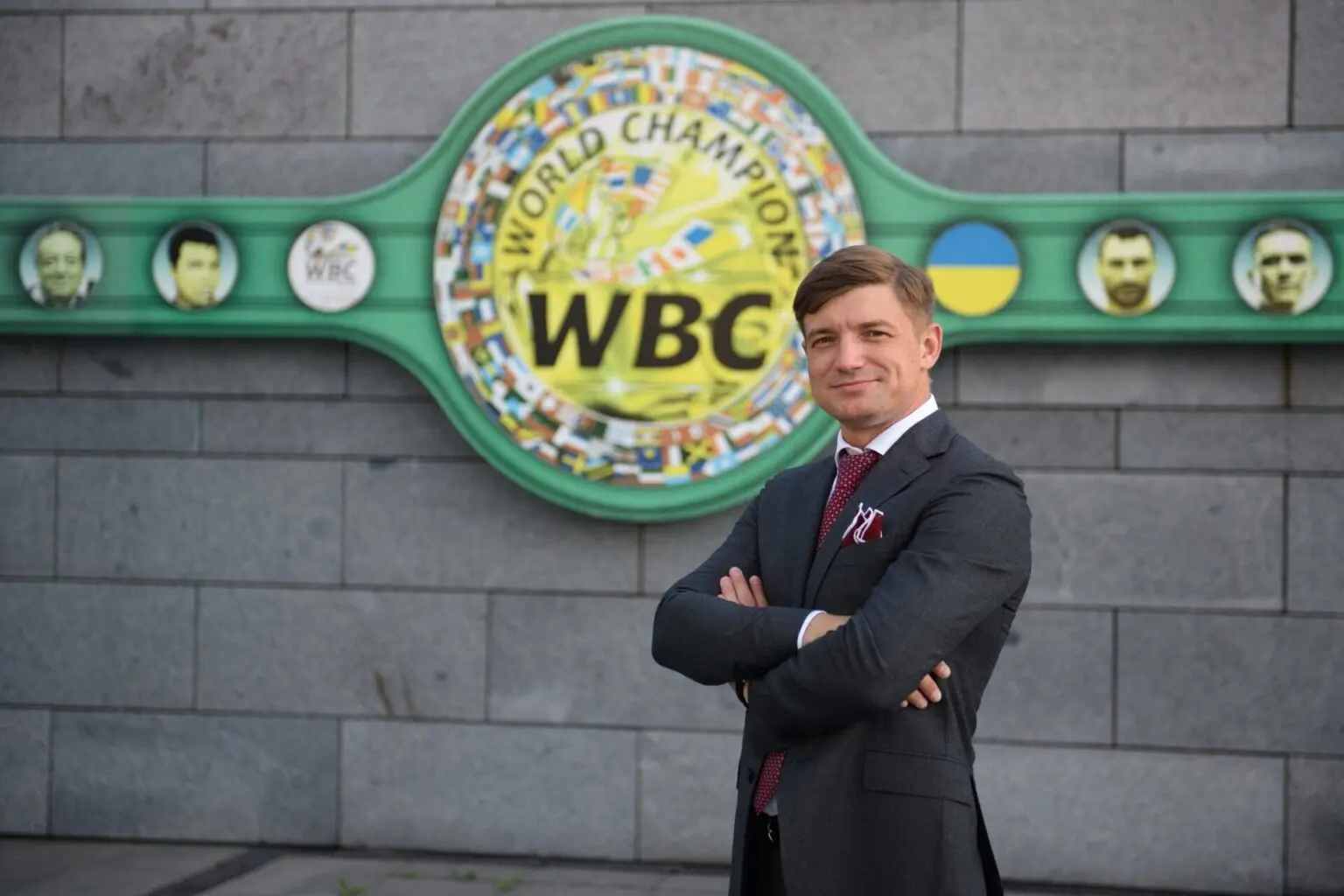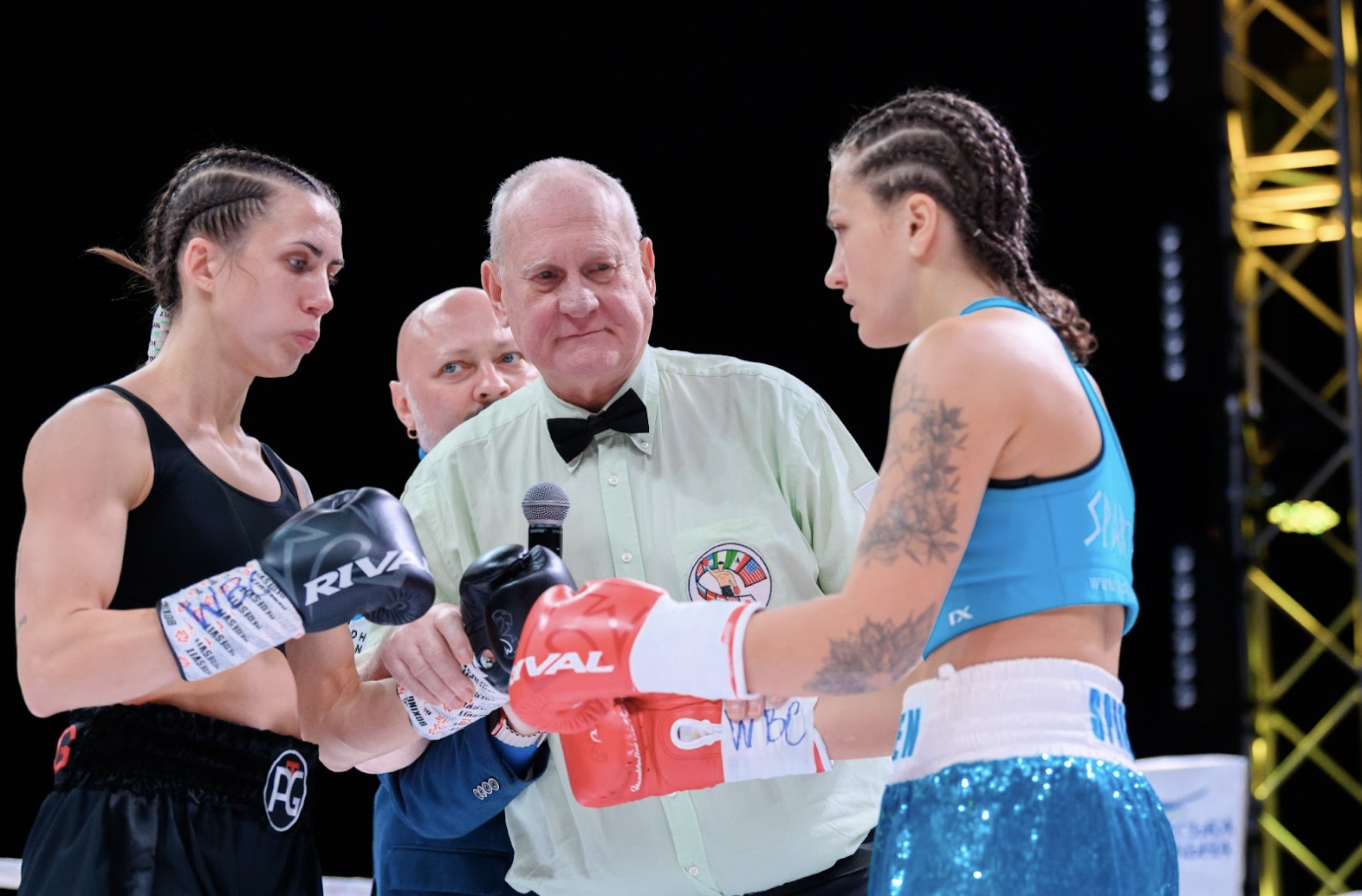
Our 2024 world is vastly different than it was in recent years. Our daily contemporary lives reflect many important and evolving changes in our laws, culture, and customs. The World Boxing Council in conjunction with the Voluntary Anti-Doping Association created the Clean Boxing Program. The WBC CBP’s intention is to stop the use of performance enhancing drugs in boxing and not to police the sport. With that said, any drug use; whether legal or not, is incongruous to clean sport and day to day life and can be dangerous. Most importantly, WBC champions and rated fighters must always try to be a positive example and role model to young athletes and fans around the world.
Consumption of alcohol is legal in most countries in the world. In the last decade, many forms of cannabis consumption have been legalized in many countries for medicinal purposes and more recently for recreational use. In fact, the World Anti-Doping Agency ( WADA ) does not consider cannabis a banned substance in out-of-competition testing and it is only banned IN COMPETITION. The use of marijuana is legal in many jurisdictions and marijuana is not considered to enhance athletic performance.
Do those facts mean that athletes in general and boxers in particular should feel free to consume alcohol and cannabis without health concerns and ignoring the detrimental effects to their athletic performance? The answer is a resounding NO! Just like alcohol, marihuana is a drug that alters mental functioning, inhibits athletic performance, and can be downright dangerous.
Boxing is not a game: one cannot “play” boxing. Instead, boxing is a contact sport that requires its participants to exercise extreme care of their physical and mental health throughout their whole careers. Boxing rules and procedures have evolved to minimize the inherent risks that it presents to boxers. Every aspect of boxing counts, among others, conditioning, nutrition, training protocols, healthy lifestyle, and sufficient rest. In order to minimize preventable injuries boxers must be in top physical and mental condition at all times.
Multiple respected scientific publications have documented the detrimental effects of using cannabis. It is the WBC’s goal with this newsletter to bring those dangers to the attention of all fighters: cannabis and alcohol can hurt your future in boxing and threaten your quality of life during and after boxing.
It is widely documented that Cannabis use produces, among others, the following detrimental effects:
– long-term memory and learning impairments;
– changes in brain structure and decision-making, especially in cases of extended use;
– heart and vascular system pathologies resulting in increased heart rate, decreased blood pressure resulting in syncope (loss of consciousness), and respiratory depression (troubled breathing);
– diminished alertness and reduction in the body’s ability to consistently perform at a high level;
– impaired lung function in cases of long-term marijuana smoking;
– acute psychosis in situations of excessive and daily use of cannabis; and
– impaired attention, memory loss, delirium, and gait imbalance.
It is also extensively documented that marijuana can be contaminated with pesticides, heavy metals, microbes, and other drugs and substances that are prohibited under the WBC CBP.
The harmful effects of alcohol consumption both short and long term have been documented and known for centuries. Undisputedly, alcohol consumption leads to many acute and chronic pathologies.
Both marijuana and alcohol also present addiction and/or dependence issues. Again, those effects are well-known and documented. It is hard to imagine that the habitual consumption of either or both alcohol and cannabis does not have a profound effect in the performance of boxers while training and/or fighting.
The WBC Clean Boxing Program is designed to encourage participating and non-participating boxers to live a clean life and to maintain the highest level of safe athletic performance. Those principles are most important in a sport like boxing which is intrinsically dangerous and can lead to short-term and long-term injuries. While cannabis and alcohol consumption might not lead to a penalty under the WBC CBP, it can certainly lead to actions and penalties under the WBC Code of ethics .
The WBC will not stand still while boxers publicly celebrate the use of cannabis or engage in reprehensible behavior while under its influence. The WBC strongly and resolutely condemns such behavior in particular, and boxers’ use of cannabis and alcohol in general. Boxing is the greatest sport in the world; it is honorable and should be conducted under fair play and justice principles at all times.

Interview of the WBC Ukraine president Mykola Kovalchuk for "The Ukrainian Review"

For the first time in Ukrainian history, two Ukrainian women, Anastasiia Petrenko and Oksana Bondarenko, competed for the WBC titles.
